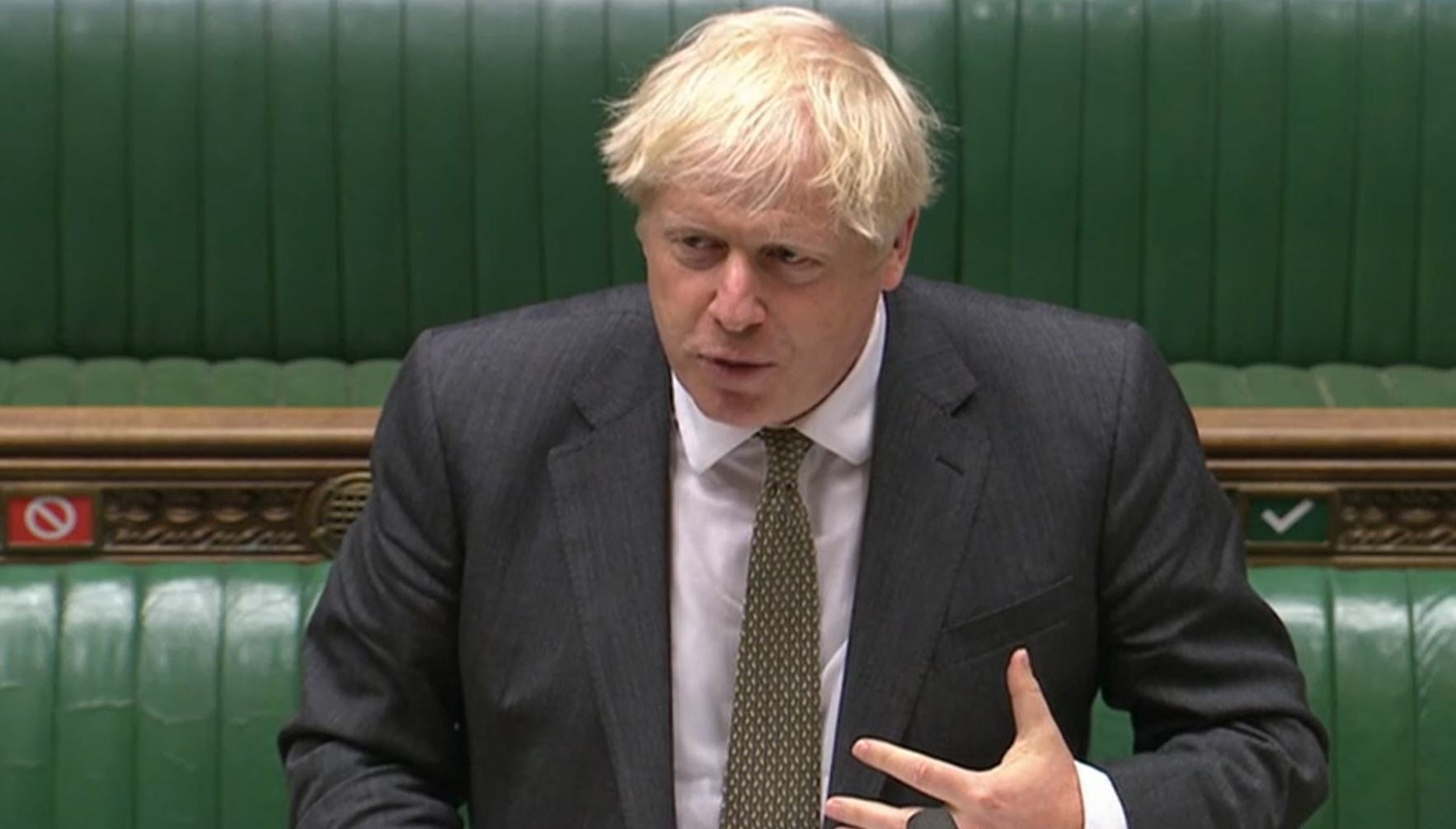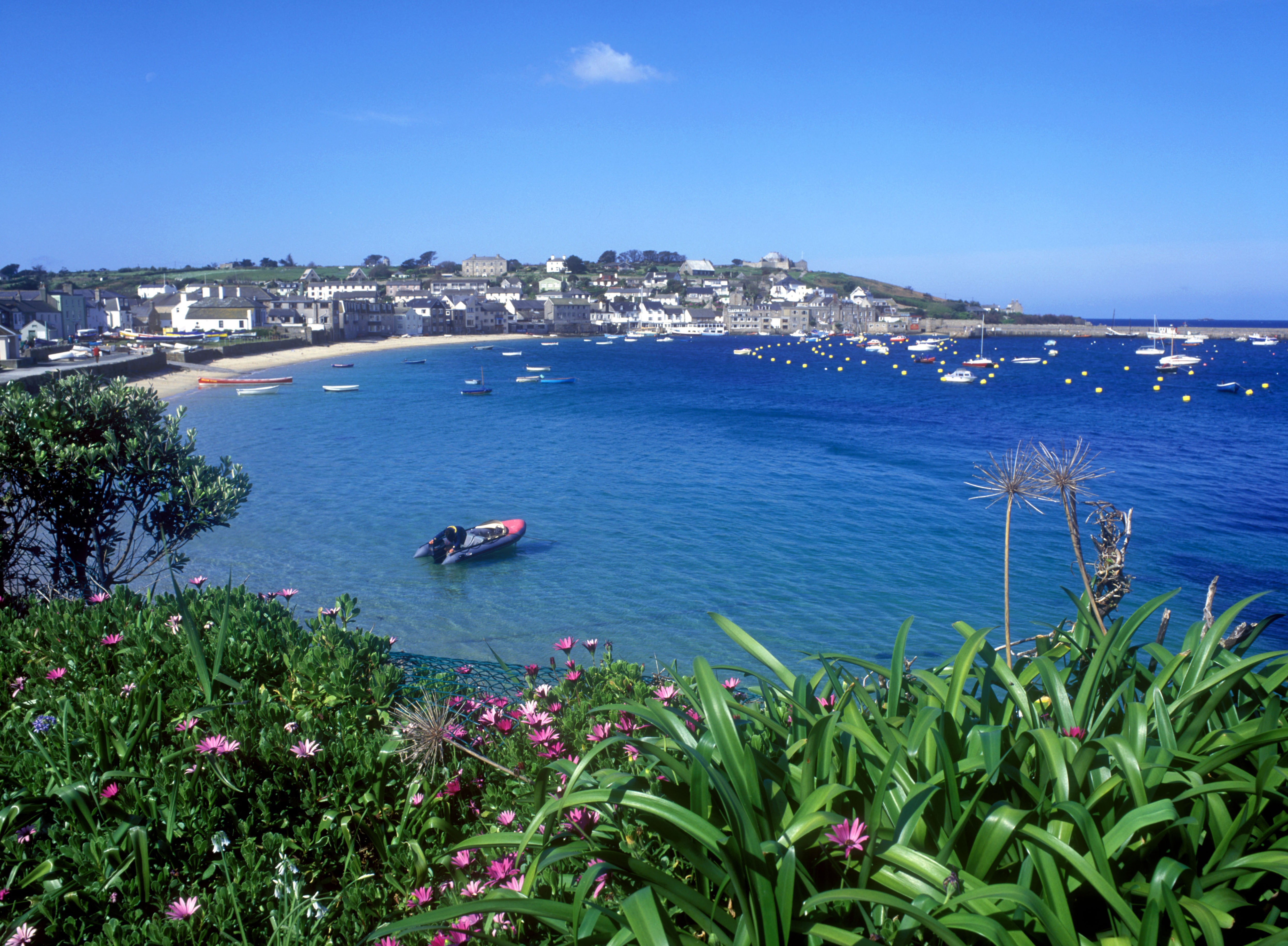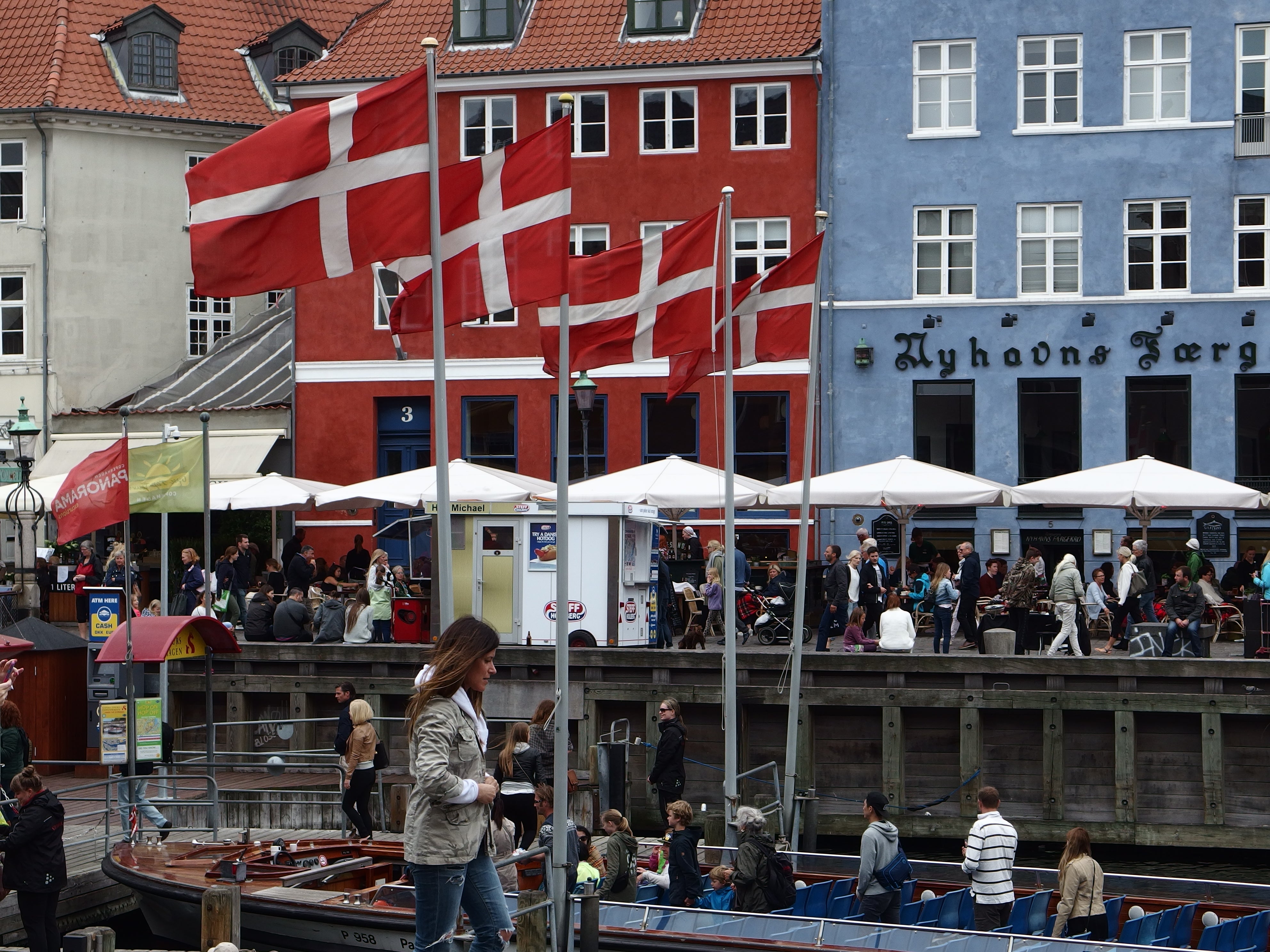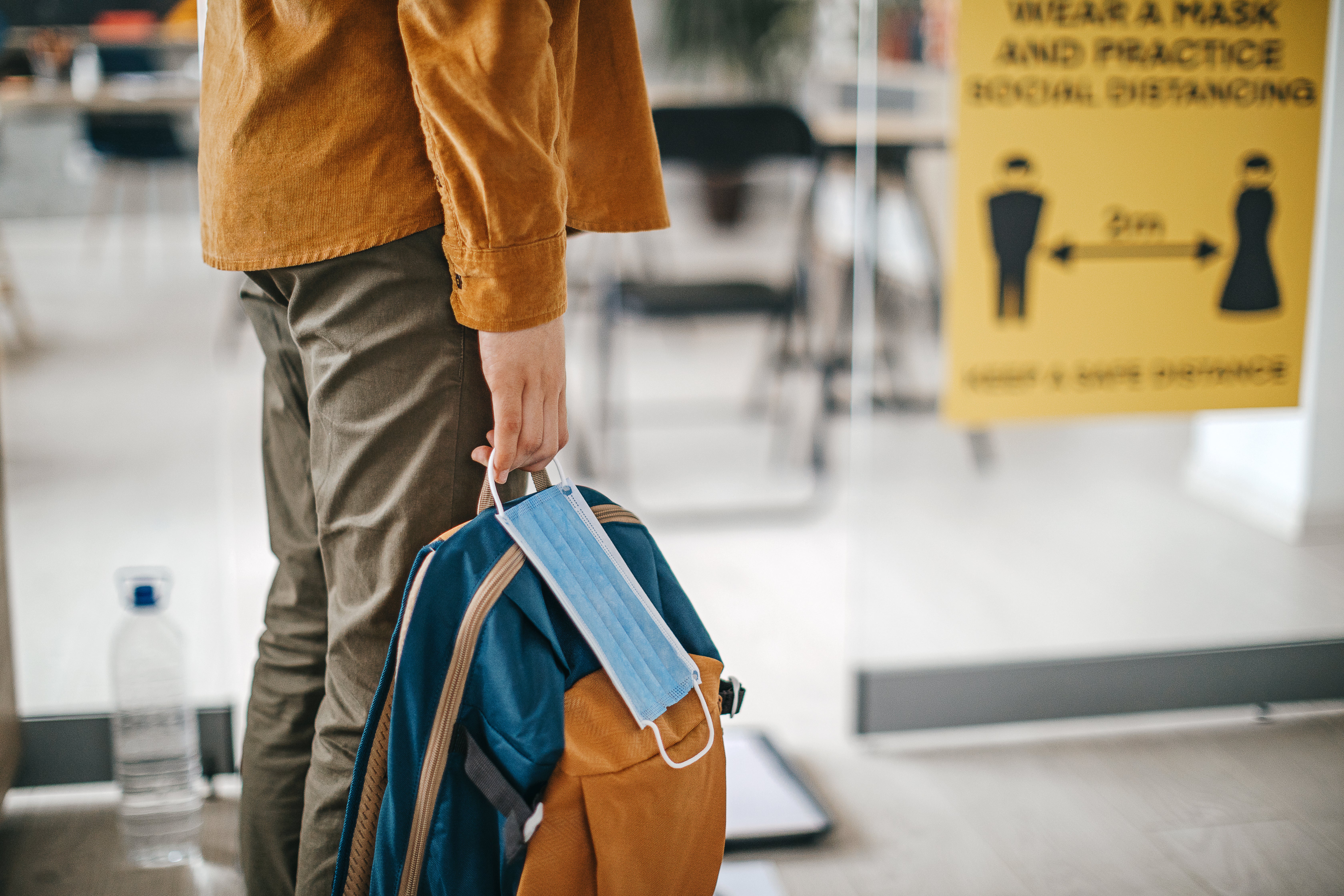Coronavirus new: Starmer blames government ‘failures’ for new restrictions as UK sees 6,000 new cases
Follow all the latest updates and statistics
Your support helps us to tell the story
From reproductive rights to climate change to Big Tech, The Independent is on the ground when the story is developing. Whether it's investigating the financials of Elon Musk's pro-Trump PAC or producing our latest documentary, 'The A Word', which shines a light on the American women fighting for reproductive rights, we know how important it is to parse out the facts from the messaging.
At such a critical moment in US history, we need reporters on the ground. Your donation allows us to keep sending journalists to speak to both sides of the story.
The Independent is trusted by Americans across the entire political spectrum. And unlike many other quality news outlets, we choose not to lock Americans out of our reporting and analysis with paywalls. We believe quality journalism should be available to everyone, paid for by those who can afford it.
Your support makes all the difference.Keir Starmer has laid the blame for “necessary” new coronavirus restrictions at Boris Johnson’s feet, repeating that the resurgence of the virus is “not an act of God [but] a failure of government”.
It came after Dominic Raab has warned a second national lockdown “can't be ruled out” if the latest restrictions do not manage to control a surge in cases.
Meanwhile, Professor Peter Openshaw, professor of experimental medicine at Imperial College London, has said a ban on households mixing in England could be coming “very soon” and waiting just two or three weeks to implement such a measure would be too late.
Please allow a moment for the liveblog to load:
Government playing ‘blame game’ with public
A public health expert has accused the government of blaming the public over the coronavirus crisis, the day after Boris Johnson said in an address to the nation that there had been “too many breaches” of the restrictions, Rory Sullivan reports.
Linda Bauld, a professor at the University of Edinburgh, suggested that the “punitive message” coming from the prime minister and other leading politicians was a “problematic” communications strategy.
Downing Street’s “blame game” consists of reproaching young people for their behaviour, accusing the population of wanting too many Covid-19 tests and of threatening the public with larger fines, according to Ms Bauld.

Government playing 'blame game' with public over Covid, says health expert
Nicola Sturgeon, by contrast, ‘knows how to communicate with public’
Chancellor to update MPs on job protection plans
Rishi Sunak will update MPs on plans "to continue protecting jobs" tomorrow.
The chancellor said: "As our response to coronavirus adapts, tomorrow afternoon I will update the House of Commons on our plans to continue protecting jobs through the winter."
UK coronavirus cases reach highest level since 1 May
Coronavirus cases in the UK have hit 6,178, according to the latest government statistics.
It is the highest daily level since 1 May when the UK was in lockdown.

UK coronavirus cases top 6,000 in 24 hours
The latest breaking news, comment and features from The Independent.
Budget cancelled amid rapid rise in coronavirus cases
Rishi Sunak has called off plans for a Budget later this year, Treasury sources have confirmed, political editor Andrew Woodcock reports.
The chancellor had been expected to deliver his second budget of 2020 within the next few weeks, but his plans have been blown off course by the rapid upsurge of coronavirus cases which last night forced Boris Johnson to announced new restrictions to economic and social activities.

Budget cancelled as Sunak weighs up plans for more Covid support for business
The latest breaking news, comment and features from The Independent.
Isles of Scilly report first cases
The Isles of Scilly have reported their first coronavirus infections since the pandemic began, Clea Skopeliti reports.
The islands, 28 miles off the coast of Cornwall, had managed to avoid transmission during the last six months.
The council of the Isles of Scilly said it was "informed by public health of positive test results" this week.
It is not known how many cases there had been, or if the infected persons were residents, or visitors. It was also not confirmed which of the five inhabited islands they were on.
The council said in a message to islanders it was working to "ensure risk is minimised".

Coronavirus: Isles of Scilly report first cases
It is not known which island positive results were confirmed on
Panama to resume international flights in October
Panama's aviation authorities have said the central American nation will resume international flights on 12 October, after suspending most air travel in March due to the coronavirus pandemic.
Denmark and Iceland set to be added to government’s no-go list
Denmark and Iceland are set to be the next countries to be added to the government’s no-go list, travel correspondent Simon Calder reports.
As new coronavirus infection rates increase across Europe, the transport secretary, Grant Shapps, is expected to remove quarantine exemption from more nations at 5pm on Thursday. At the same time, the Foreign Office will warn against travel to those countries
The latest figures from the European Centre for Disease Prevention and Control (ECDC) show that the rate of new infections per 100,000 in seven days in Denmark has more than doubled in the past week.
Wednesday’s figures show a rate of 63. The British government’s threshold is 20, and the UK itself is at 44.
Iceland has experienced an even steeper rise in cases. In the four weeks from 19 August, it kept daily new infections in single figures. But for the past week they have been running at an average of 35 per day. With a population of barely one-third of a million, the rate per 100,000 has risen to 69.

Will Denmark and Iceland join the quarantine list this week?
No sign of Bulgaria, which remained below the government threshold for months, losing the ‘high-risk’ label
Belgium begins relaxing coronavirus rules despite rise in cases
Belgium’s prime minister, Sophie Wilmes, has said mask requirements, some attendance limits and other public health measures will be relaxed as part of a less stringent, long-term coronavirus strategy.
The move comes despite a steady rise in Covid-19 cases in a country already hard-hit by the virus.
Ms Wilmes said Belgiuans should learn to live with the disease but warned against a "widespread slackening" of the basic social distancing rules.
"We are in a risk-management phase," she said after a National Security Council meeting.
"Some rules will be relaxed because they are no longer useful or tenable."
Starting next month, Belgium will no longer require wearing a mask outdoors, except in crowded places where social distancing cannot be practised.
The government is also reducing the mandatory quarantine period from 14 days to one week for people with Covid-19 symptoms who eventually test negative for the virus.
While a maximum of 10 guests will remain the rule for private gatherings, parties or weddings hosted by professional organisers will not be subject to the limit.
"The virus is still there but life must continue in an adapted way to try to control this epidemic," Ms Wilmes said.
The prime minister also announced everyone can now have close physical contact with up to five people from outside their households each month.
"They are people that you can hug, with whom you can eat or have a drink while being very close to each other," she said.
US reports nearly 50,000 new cases
The US Centers for Disease Control and Prevention (CDC) has reported 6,874,982 coronavirus cases, an increase of 49,285 from its previous count, and said the number of deaths had risen by 813 to 200,275.
The CDC reported its tally of cases of Covid-19 as of 4pm ET on 22 September compared with its previous report a day earlier.
The CDC figures do not necessarily reflect cases reported by individual states.
Number of state schools not fully open due to Covid quadruples in a week
The number of state schools not fully open due to a coronavirus case — or suspected one — quadrupled in a week, latest government figures suggest, Zoe Tidman reports.
Four per cent of state schools that responded to a survey, around 650 schools, said they were partially shut for this reason last Thursday.
This is a jump from one per cent, or around 160, who said they were not fully open due to a confirmed or potential Covid-19 infection on 10 September a week before.
Around three quarters of state schools responded in both weeks.
In its latest figures, the Department for Education (DfE) estimated 99.9 per cent of state schools were open — either fully or partially — on 17 September, while 94 per cent were fully open on the same date.

Number of state schools not fully open due to Covid quadruples in a week, figures suggest
Union boss says data is ‘not at all surprising’

Join our commenting forum
Join thought-provoking conversations, follow other Independent readers and see their replies
Comments